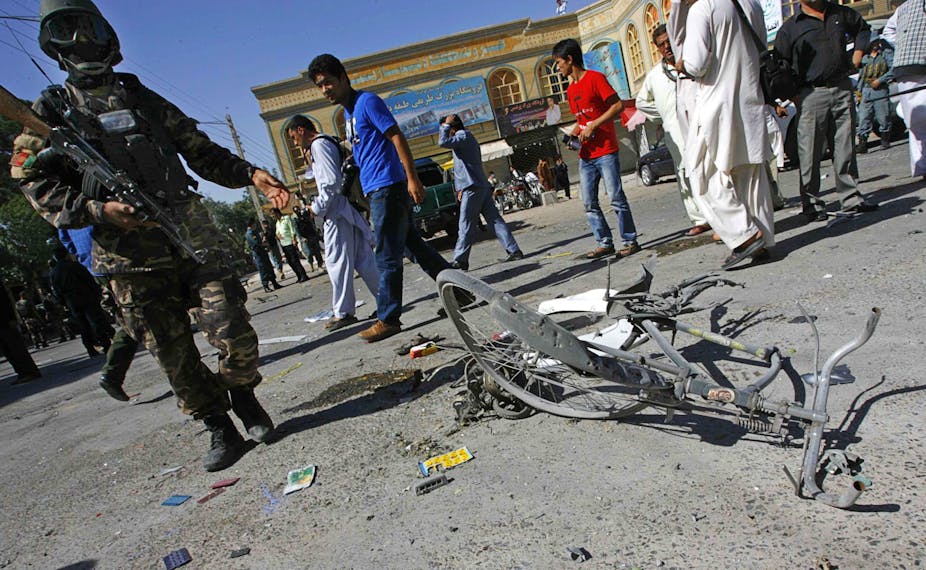Soldiers should be given regular periods of respite to recover from combat exposure, experts argue, following the findings of a Dutch study of NATO soldiers returning from deployment in Afghanistan.
The study of 33 soldiers, published in US journal PNAS, found exposure to combat stress, such as armed combat, enemy fire and improvised explosive device blasts, caused changes to the brain, impacting the soldiers’ ability to remain focused during challenging tasks.
The soldiers were studied before and after a four-month long deployment, with 26 soldiers who were never deployed serving as a control group.
Guido van Wingen from Amsterdam’s Brain Imaging Centre, and colleagues, studied brain changes tied to so-called executive functions, which rely on attention and working memory for planning and decision-making.
“This study is of considerable importance and consistent with several other studies,” said Sandy McFarlane, director of the Centre for Traumatic Stress Studies and Professor of Psychiatry at The University of Adelaide.
“It demonstrates that soldiers require regular periods of respite from combat exposure to let their neurophysiology reset itself.”
The study found the brain changes were reversible upon follow-up 18 months later. However, changes to the functional connections between the midbrain and the prefrontal cortex persisted, suggesting combat stress may have long-lasting effects on cognitive brain circuitry.
“The fact that there is a lasting disruption of pre-frontal connectivity highlights that people do have a limit to how much traumatic stress they can endure,” Professor McFarlane said.
The study did not include soldiers that had been diagnosed with post-traumatic stress disorder.
“The study clearly shows that combat exposure takes its toll even in soldiers without psychological problems,” said Julie Krans, postdoctoral research fellow at University of New South Wales’ School of Psychology.
“It would not be an unwise precaution to monitor Australian soldiers returning from deployment who were exposed to combat situations even if they do not present with psychological symptoms. They might be more vulnerable in future stress situations compared to never deployed soldiers.”
Dr Krans said given the relatively small sample size in the study the implications are very preliminary. “For example, the long-term effects on the brain may not be permanent but may need more time than 18 months to return to normal.”

